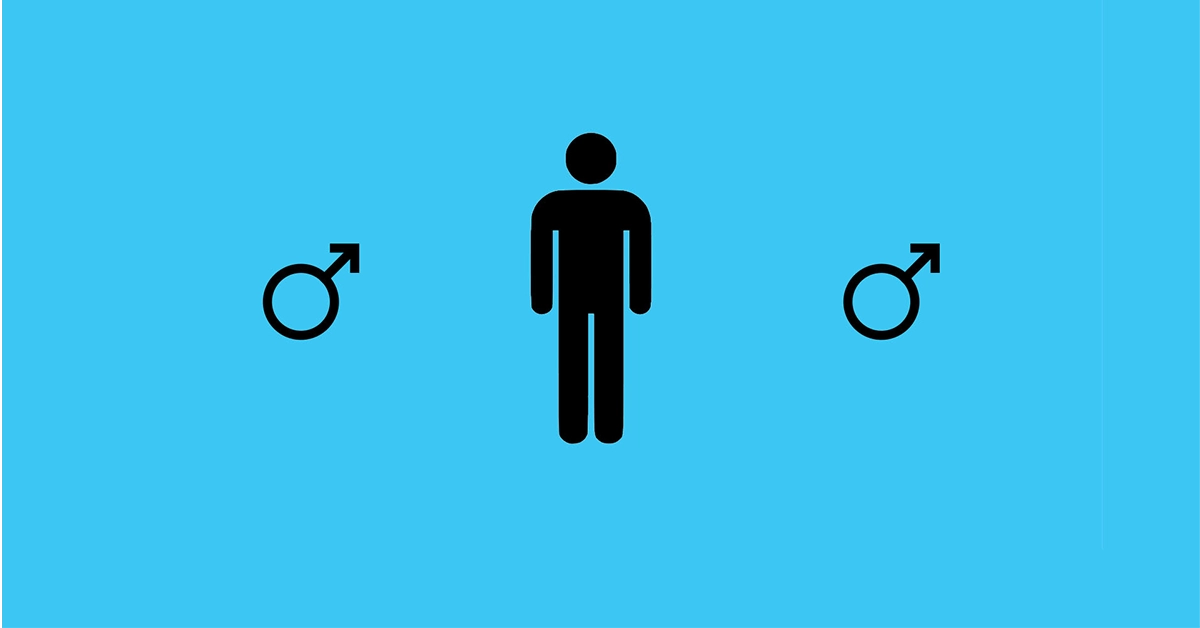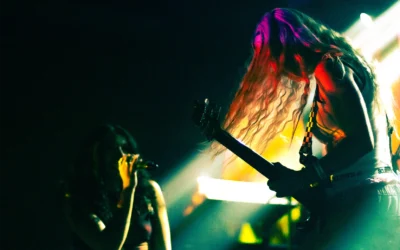When you hear about gender issues today, more often than not, it is with regard to women’s rights. As result, men and masculinity are often not properly addressed. Of course, this is not the intention of those driving gender rights movements, but it is a reality.
What made a man masculine 50 years ago, however, might not hold true today. The aura and perception around “what it means to be masculine” are changing.
“The idealized image of a ‘real’ man as tough, stoic, independent, competitive, and sexually aggressive still holds a great deal of currency, and the pressure on men to live up to these expectations is incredibly harmful for people all of all genders,” Roxanne Runyon, Macewan University’s sexual violence and education coordinator, said
Following the launch of a campaign about standing up against and ending sexual violence, MacEwan has instituted masculinity workshops. The workshops are currently closed to the public, as they are being offered to a select group of men within the university.
“The masculinity workshops are a pilot project for this year, so depending how it goes, we might look back at instituting this to a wider audience,” Jason Garcia, the vice president for student life at the Students’ Association of MacEwan University, said.
While there was an overwhelming number of people who volunteered to take part in the workshops, the seminars will be geared toward two groups of 15 men in its pilot year. Participants will include student leaders and athletes, who will hopefully be able to use and promote what they learn in the workshops.
There seems to be a stigma around some men’s lack of initiative to educate themselves on sexual violence issues – perhaps because it conflicts with contemporary perceptions around masculinity, or because some men fail to see how sexual violence impacts them.
“When it comes to issues like gender-based violence, consent, and healthy relationships, I think that a lot of men are in the position of wanting to learn more and make (a) change, but not always knowing where to start,” Runyon said.
The workshops are meant to be used not only as a means to end sexual violence, but also as tools of empowerment.
“The men’s leadership lab is able to provide a supportive space for men on our campus to connect with each other, share thoughts and experiences, and build a greater repertoire of skills to navigate their relationships and communities,” Runyon said.
Having men who are already heavily engaged in the university community take part in sexual violence awareness and prevention efforts might seem a bit like preaching to the choir, as they often act as leaders for sexual violence prevention efforts on campus. The workshops and MacEwan’s sexual violence programs are, however, aimed at inclusion and education, and will hopefully be expanded to a wider range of men in the future.
“We encourage individuals to get involved and take a stand against ending sexual violence, whether it be through the workshop, some of our other programs, or just caring about the issue,” Garcia said.
With any luck, the masculinity labs will raise awareness about sexual violence prevention, informing people of this evolving issue.





0 Comments